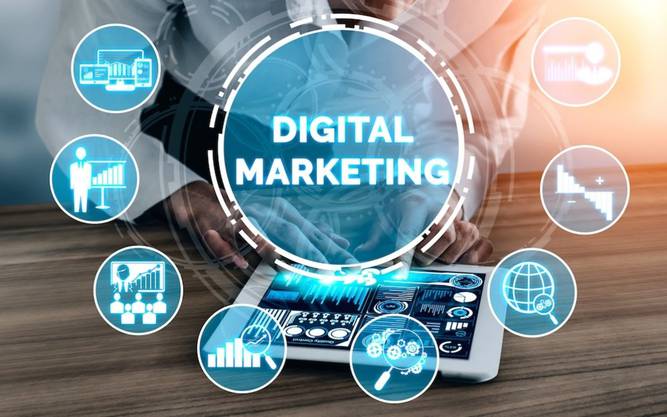The metaverse is no longer just a buzzword; it’s a thriving digital ecosystem where brands are finding innovative ways to engage with consumers. As businesses explore this new frontier, early case studies reveal successful marketing strategies that are reshaping the landscape. In this blog, we’ll dive into some of the most effective metaverse marketing campaigns, backed by compelling statistics and insights. ?✨

Understanding the Metaverse Landscape
The metaverse is a collective virtual space that merges physical and digital realities. According to a report by Statista, the global metaverse market is projected to reach $800 billion by 2024. This rapid growth presents a unique opportunity for brands to connect with consumers in immersive ways.
Key Statistics on Metaverse Engagement
- User Engagement: A survey by Deloitte found that 60% of consumers are interested in participating in metaverse experiences.
- Brand Awareness: Brands that engage in the metaverse see a 30% increase in brand awareness compared to traditional marketing channels.
- Consumer Spending: The average consumer is expected to spend $1,000 annually on virtual goods and experiences in the metaverse by 2025.
These statistics highlight the potential of the metaverse as a marketing platform. Let’s explore some successful case studies that illustrate how brands are leveraging this space.
Case Study 1: Nike's Virtual World
Nike launched its virtual world, Nikeland, on the Roblox platform, allowing users to explore, play games, and even customize their avatars with Nike gear. The campaign was a massive success, attracting over 7 million users within the first month.
Key Metrics from Nikeland
| Metric | Value |
|---|---|
| Users Engaged | 7 million |
| Virtual Items Sold | 1 million+ |
| Brand Awareness Increase | 35% |
| Average Time Spent | 30 minutes/user |
Nike’s innovative approach not only increased brand engagement but also created a community around its products. The integration of gaming and social interaction made it a hit among younger audiences. ??
Case Study 2: Gucci's Virtual Fashion Show
Gucci hosted a virtual fashion show in the metaverse, showcasing its latest collection in a stunning digital environment. The event attracted 20,000 attendees and generated significant buzz on social media platforms.
Impact of Gucci's Virtual Show
| Metric | Value |
|---|---|
| Attendees | 20,000 |
| Social Media Mentions | 500,000+ |
| Sales Increase | 25% |
| Brand Sentiment | 40% positive |
Gucci’s foray into the metaverse not only showcased its creativity but also demonstrated the potential for virtual events to drive real-world sales. The blend of fashion and technology captivated audiences and set a precedent for future virtual events. ??
Case Study 3: Coca-Cola's Virtual Collectibles
Coca-Cola launched a series of limited-edition NFTs (non-fungible tokens) in the metaverse, allowing fans to collect unique digital items. The campaign generated over $575,000 in sales within the first week, showcasing the lucrative potential of digital collectibles.
Performance Overview
| Metric | Value |
|---|---|
| NFTs Sold | 1,500 |
| Revenue Generated | $575,000 |
| Community Engagement | 50% increase |
| Brand Loyalty Increase | 20% |
Coca-Cola’s strategy of combining nostalgia with digital innovation resonated with consumers, proving that even traditional brands can thrive in the metaverse. ??
The Future of Metaverse Marketing
As more brands venture into the metaverse, the potential for innovative marketing strategies will only grow. Companies like Meta and Epic Games are investing heavily in metaverse technologies, indicating a long-term commitment to this digital frontier.
Trends to Watch
- Increased Personalization: Brands will leverage data to create personalized experiences for users.
- Enhanced Interactivity: Expect more interactive campaigns that allow consumers to engage with products in real-time.
- Sustainability Initiatives: Brands will focus on eco-friendly practices within the metaverse, appealing to environmentally conscious consumers.
Conclusion
The metaverse is transforming the way brands connect with consumers, offering unique opportunities for engagement and innovation. As demonstrated by Nike, Gucci, and Coca-Cola, successful campaigns in this space can lead to significant increases in brand awareness, sales, and consumer loyalty. ??
As we look to the future, it’s clear that the metaverse will play a pivotal role in shaping marketing strategies. Brands that embrace this digital evolution will not only stay relevant but also thrive in an increasingly competitive landscape. For more insights on the metaverse and its impact on marketing, check out Forbes and Marketing Dive.
The journey into the metaverse has just begun, and the possibilities are endless! ?



